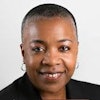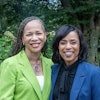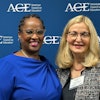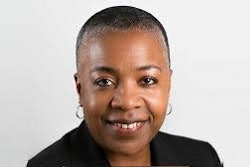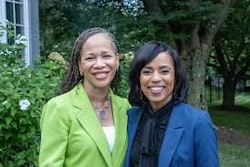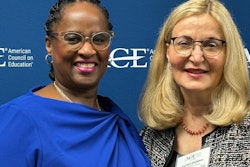In 2007, Dr. Suzanne Holt was startled — and dismayed — to hear and to read frequent, sexist remarks about then-Sen. Hillary Clinton that never seemed to shadow male presidential candidates. For instance, hecklers at campaign rallies would complain that Clinton was better suited to cook dinner or to iron clothes than to lead the country. Political pundits would, at the slightest hint of cleavage, scold her clothing choices without scrutinizing male candidates who wore open-collar shirts without suit jackets or neckties.
The insults never faded, in Holt’s opinion, while Clinton campaigned that year and during the early months of 2008 before dropping out of a race that eventually saw Barack Obama win the presidency.
So Holt was paying close attention when Clinton, who was secretary of state during Obama’s first term, campaigned again in 2015 and this year to become the nation’s chief executive. The gender-based rhetoric resumed — and grew nastier.
This spring semester, Holt is teaching a new course at Kent State University, where she is director of women’s studies and a professor in the Center for the Study of Gender and Sexuality. The course is titled, “Hillary Clinton Case Study: Perspectives on Gender and Power.” Rather than biographical or documentary, the course examines cultural perceptions — and misperceptions—about all women by using Clinton’s campaign and career as vehicles.
“This has been burrowing in my subconscious for years,” Holt says of the Clinton course. “I have also been thinking about how I would feel if the vulgar comments against Hillary Clinton were made about my mom, my sister or my aunt. Our minds are more primitive than we want to own. As a society, we’re not that comfortable with women in power. It is as if Clinton failed to match our expectations of what women should be. Regardless of whether you are pleased by the election outcome, we lived through trauma that shows how we feel about each other.”
Clinton’s four-decade career in law and politics has resulted in Americans voting her as the most-admired woman in the world 20 times since 1993, according to Gallup polls. However, the bruising 2016 presidential campaign is the starting point for Holt’s academic course, because of the sexist and misogynist rhetoric aimed at Clinton, which Holt says shows that even accomplished and powerful women still struggle against preset notions of who they’re supposed to be.
“The course speaks to the heart and soul of women’s studies as a field,” Holt says. “If we as a discipline have nothing to say, it’s a mirror of our ineffectiveness.”
